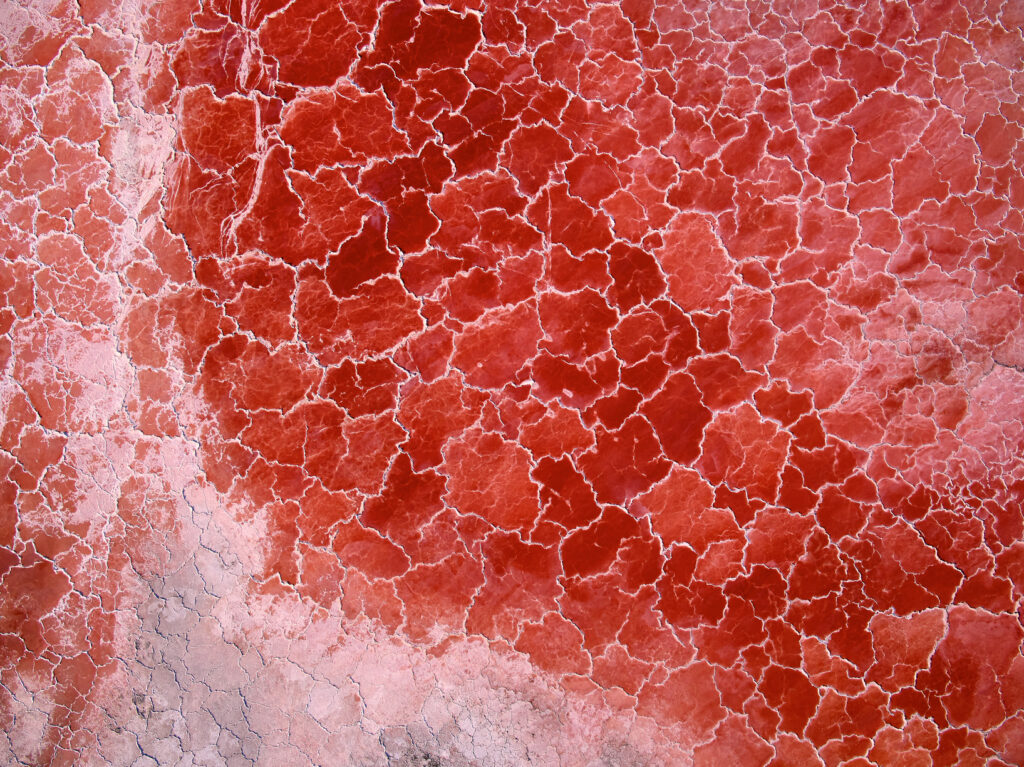For one liter of drinking water, an average of one and a half liters of brine is discharged, with harmful effects on the environment.
According to a major meta-analysis on seawater desalination commissioned by UNU-INWEH (Institute for Water, Environment and Health, a United Nations study group based in Canada), the 15,906 desalination plants installed in 177 countries produce an average of 1.5 liters of brine for each liter of water filtered and made potable for human or industrial consumption.
The production of water by desalination of sea or river water has increased fourfold since the beginning of the year 2000

This amount of pollutants is 50% higher than previously estimated. The new calculation is the result of a better evaluation of the efficiency of the plants, depending on the technology used (mechanical, electrochemical or thermal filtration), the volumes treated and the nature of the water filtered (ocean, sea or river). This production of pollutants is considerable: it represents 142 million cubic meters per day for 95.4 million cubic meters of drinking water.
